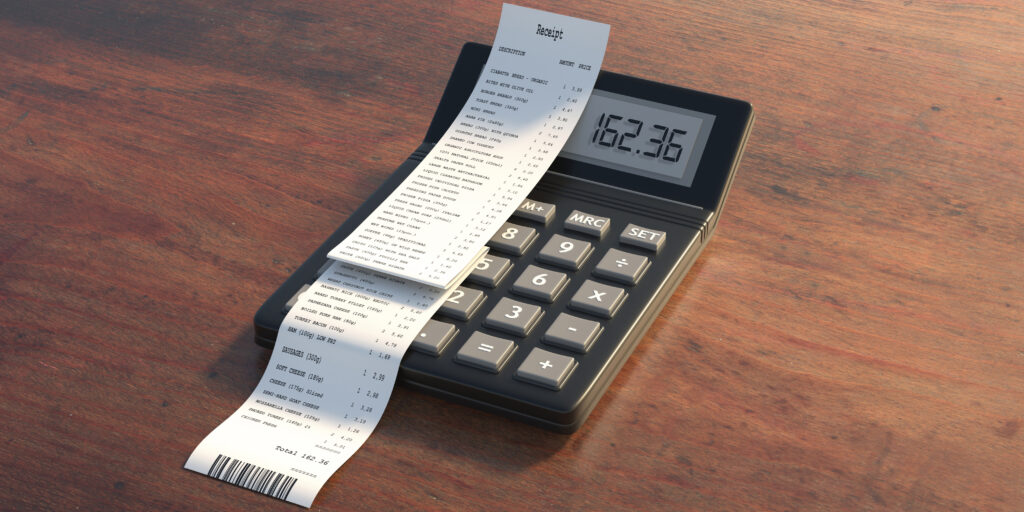There may be no doubt in your mind that you have a physical, mental, or emotional disability, or even a bodily injury, that makes you eligible to receive Social Security Disability Insurance (SSDI) benefits. But you may be unsure about how the Social Security Administration (SSA) computes how much in benefits you should receive each month. Continue reading to learn how the SSA will calculate your monthly SSDI benefits and how an experienced New Jersey SSDI attorney at The Law Offices of Sheryl Gandel Mazur can work to ensure you receive the maximum benefits payout for your disability.
How will my monthly SSDI benefits be calculated?
In the state of New Jersey, the average monthly SSDI benefits pay is $1,648.06 in the year 2023. Your payout may be more or less than this average, but overall it is valuable to have an accurate estimation of how much you will receive each month. This is so you can plan accordingly, so that you may have a sufficient monthly income to survive on.
Notably, making an educated guess is more doable thanks to the SSA’s existing calculation method. This method is essentially based on your earnings from your sources of employment. Without further ado, your monthly SSDI benefits will be calculated using the following formula:
- You must take 90 percent of the first $1,115 of your average indexed monthly earnings.
- You must then take this number and add it to 32 percent of your average indexed monthly earnings over $1,115 and through $6,721.
- You must finally take this number and add it to 15 percent of your average indexed monthly earnings over $6,721.
It is worth mentioning that the aforementioned formula assumes that you incurred your physical, mental, or emotional disability or bodily injury in the year 2023.
What other calculations need to be made?
You must understand that the SSA does not solely rely on the above formula to decide on your monthly SSDI benefits payout. That is, it may consider whether you also receive other government benefits, such as workers’ compensation; public disability benefits; and pensions based on work not covered by Social Security (i.e., government pensions or foreign government pensions). If the SSA finds these additional sources of income, then it may decide to reduce your benefits pay.
On the other hand, the SSA may find you worthy of receiving retroactive payouts. This may apply if the date on which you filed your SSDI benefits application is noticeably later than the date on which you claimed to have incurred your physical, mental, or emotional disability or bodily injury.
This is all to say that, before taking any further steps toward completing your application, you must consult a skilled New Jersey SSDI attorney. So please reach out to The Law Offices of Sheryl Gandel Mazur today.


